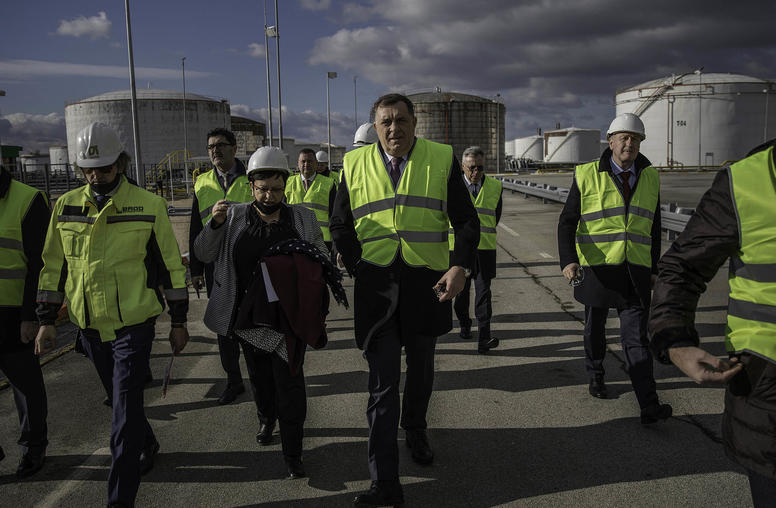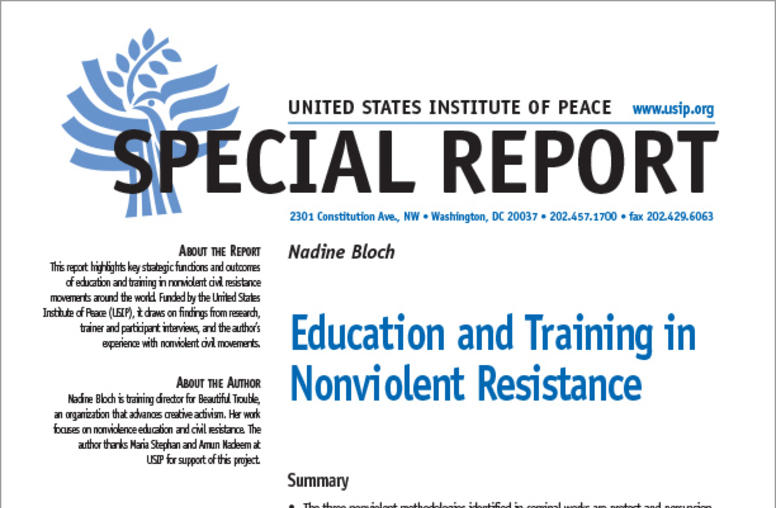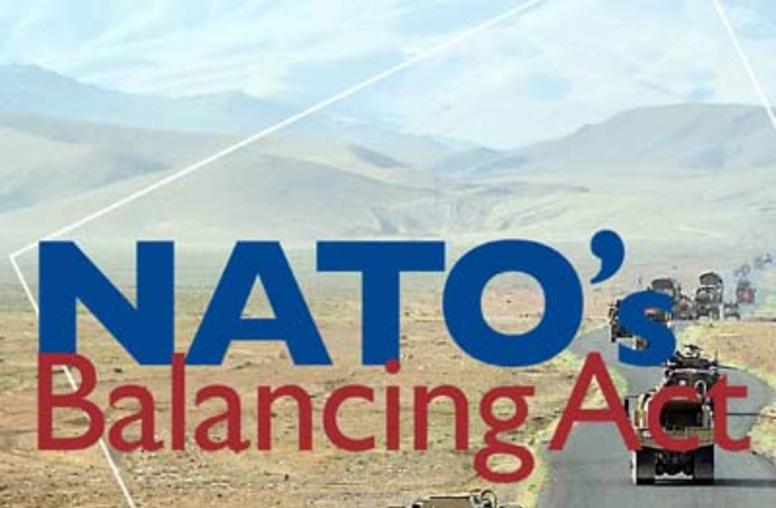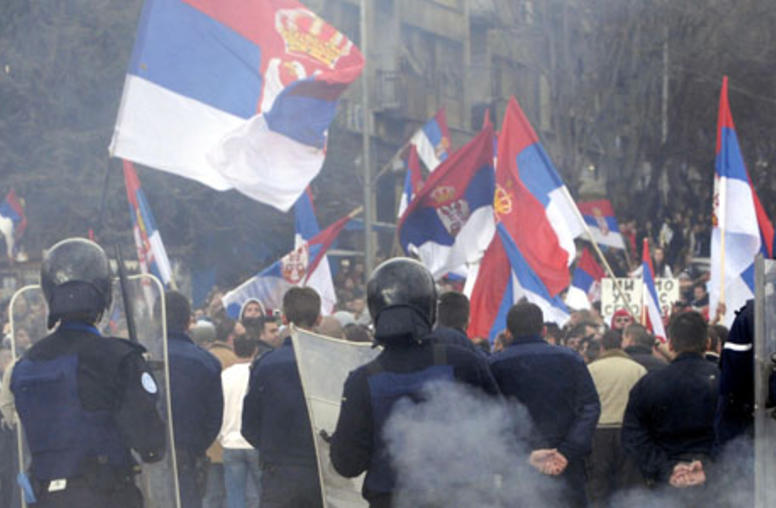Kosovo: Is There a Road Ahead?
Kosovo proclaimed its independence almost a year ago, but recognition has been slow and Serbia continues to object. Relations between Belgrade and Pristina remain icy.
Please join us for a public discussion of Serbian and Albanian perspectives as well as prospects for confidence building measures.
Archived Audio
To listen to audio or to view video, please click on the links provided below. You also can right click on the links and choose "Save Target As" or "Download Linked File." This will save the file to your computer and then allow you to play it in your media player directly. More Audio Help.
- Listen to the audio from this event.
01:28:43 - 17.14MB
Speakers
- Lulzim Peci
Executive Director, Kosovar Institute for Policy Research and Development (KIPRED) - Steven Meyer
Professor of National Security Studies and Political Science, National Defense University - Daniel Serwer, Moderator
Center for Post-Conflict Peace and Stability Operations, U.S. Institute of Peace



